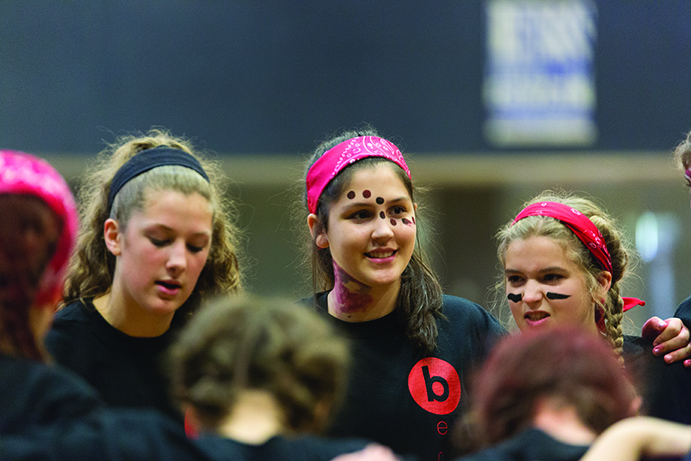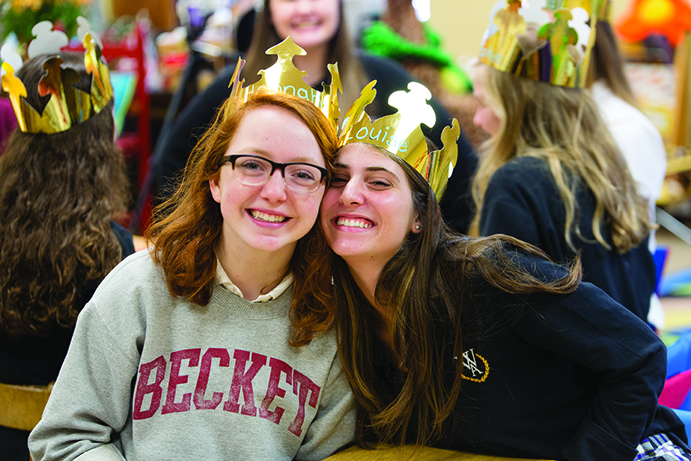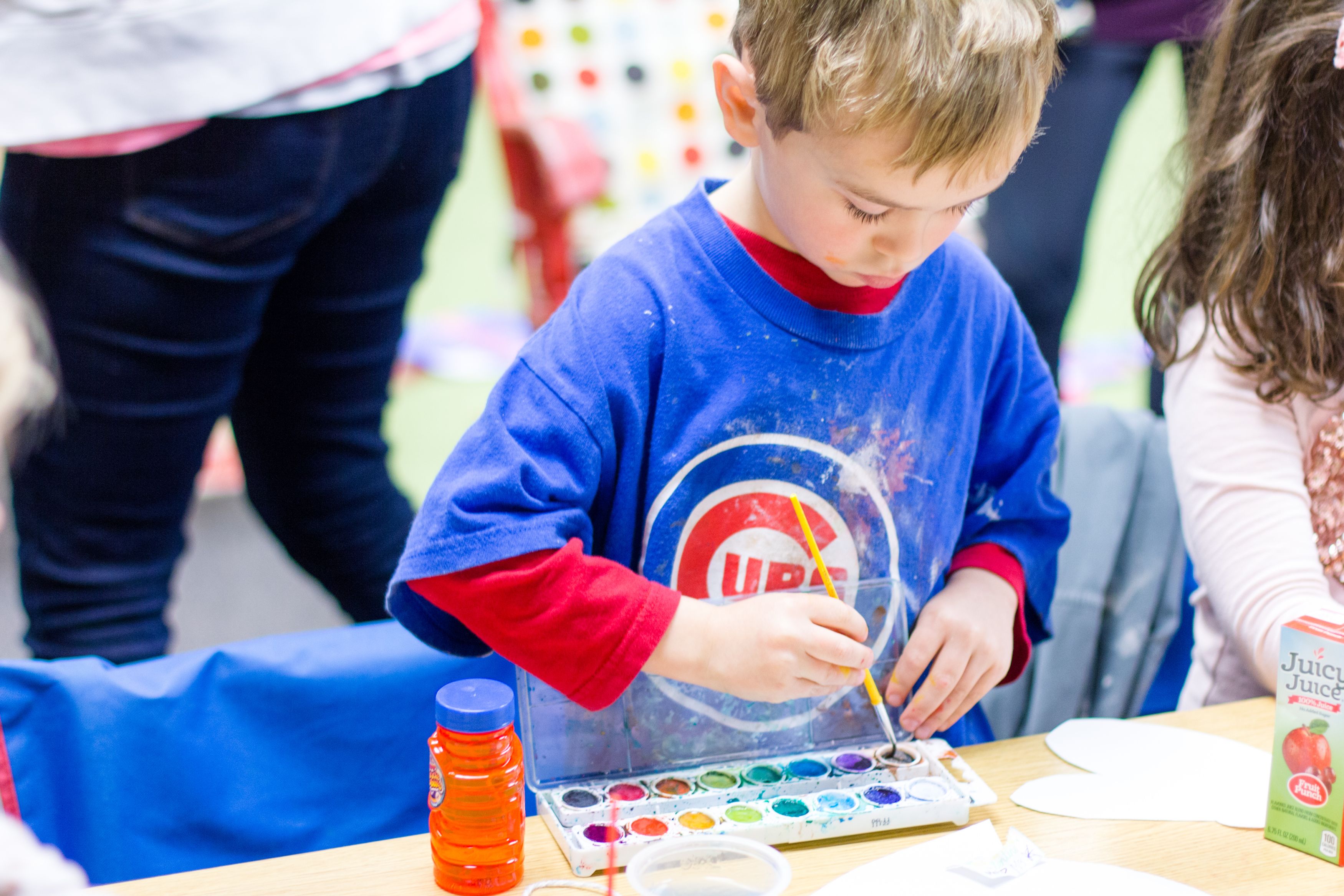Curriculum
Westminster Academy’s approach to its curriculum is inspired by an understanding of the classical liberal arts and 1,500 years of proven success. We teach all subjects as part of an integrated whole with Scriptures at the center. We intentionally plan our curriculum with the end in mind so that even our very youngest are learning the tools needed to become confident and mature adults.
For a more complete look at our curriculum, come visit! Click here to schedule a tour and discover the education for a lifetime. If you are interested in reading more about the Classical Curriculum, read Dorothy Sayers’ 1947 article “The Lost Tools of Learning.” Her article inspired the creation of the first classical school in 1980.
Grammar School
JK & Kindergarten
At Westminster, the JK and Kindergarten programs are half days with an option for the Westminster Extended Enrichment Program (WEE), which lasts through the end of the school day at 3 p.m.
Your little ones will be taught reading readiness skills and many will move right into reading. They will refine their fine motor skills as they practice coloring, drawing, cutting, and writing. Gross motor skills will develop through guided and free play, PE, and classroom activities. They will have opportunities throughout the week to engage in art, music, science, and sensory exploration. Each day includes lots of reading aloud and once a week, older Grammar School students visit to read aloud with their younger Grammar School buddies.
1st-6th Grade
Throughout 1st-6th grade, the emphasis is placed on our students’ language development. In the Grammar Stage, children are busy discovering the world around them through language – naming things (vocabulary) and building categories. This is the basis for thinking, connecting, and verbalizing what they learn. They love to memorize, imitate, and repeat what they hear. We create these learning opportunities through classic literature, Bible, history, music, science, and art. By approaching history chronologically and using it as a framework, we are able to integrate Scripture and Biblical history along with fine arts into every subject. While this is a great model for teaching a Biblical worldview, it also enhances a love of learning in our students as they get a sense of God as creator and author of history. PE and recess provide healthy movement for their bodies and important breaks for their minds.
Upper School
7th-9th Grade
 As students mature and approach the middle school years, they want to dissect ideas, analyze arguments, seek justice, and discover the reason behind everything. Debate and logic become important tools, so what better way to channel this natural development than through formal logic and debate classes? Teachers engage students in discussion and debate, teaching students to make logical arguments and helping them tell the difference between a logical and emotional response.
As students mature and approach the middle school years, they want to dissect ideas, analyze arguments, seek justice, and discover the reason behind everything. Debate and logic become important tools, so what better way to channel this natural development than through formal logic and debate classes? Teachers engage students in discussion and debate, teaching students to make logical arguments and helping them tell the difference between a logical and emotional response.
10th-12th Grade
 As students leave the Logic stage, they begin to wonder about the wider world. Students in the Rhetoric stage are taught to engage with the world through speeches, writing, and service. An emphasis is placed on teaching a biblical worldview and preparing them for higher education. Bible is taught in every classroom, but Bible courses are specially applied in the Upper School along with a 10-day capstone trip to Italy during our students’ senior year.
As students leave the Logic stage, they begin to wonder about the wider world. Students in the Rhetoric stage are taught to engage with the world through speeches, writing, and service. An emphasis is placed on teaching a biblical worldview and preparing them for higher education. Bible is taught in every classroom, but Bible courses are specially applied in the Upper School along with a 10-day capstone trip to Italy during our students’ senior year.


